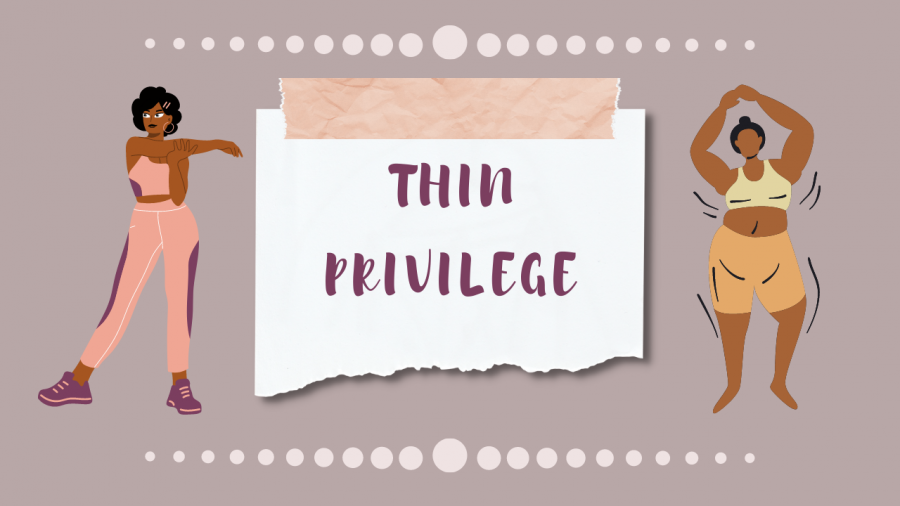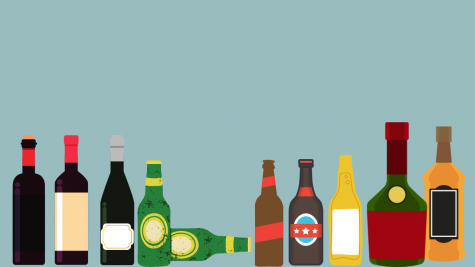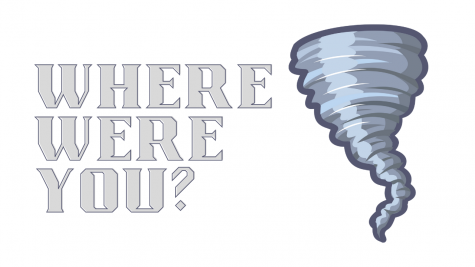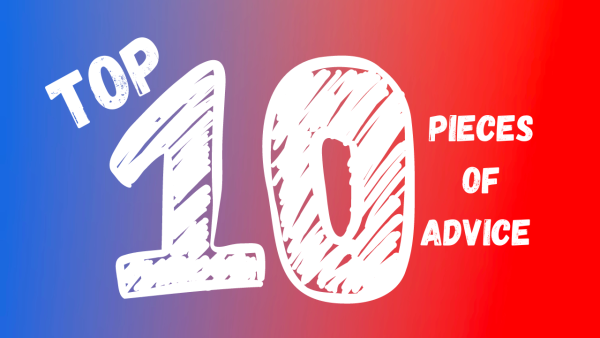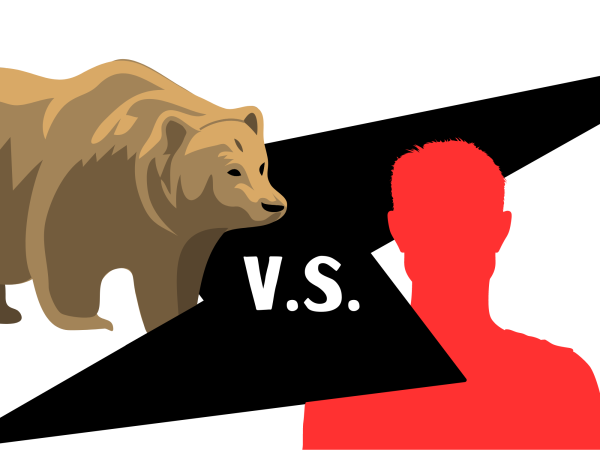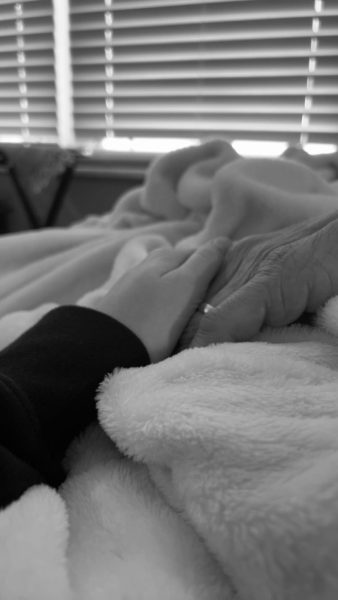The Toxicity Of Thin Privilege: Society Dictates Worthiness Depending On Physique
It’s time to recognize the unspoken advantages that stem from living in a thinner body
Thin privilege refers to the unmentioned societal superiority of living in a relatively thin body, and it affects more people than you would think.
The conversation regarding privilege has been tossed around for years, in hope that people with particular one-ups may acknowledge their social, mental and physical advantages. The end goal of these discussions is a buoyant eye-to-eye, in which people on both sides walk away more aware than they were before, and conscious to not abuse their respective privileges.
White privilege, male privilege, heterosexual privilege; all of these ideas have been immensely debated and commentated on. A certain form of privilege, (that which a number of people possess, yet deny its existence) is joining the conversation after vastly not being spoken of. The term has come to be known as thin privilege, and the effects are proven to be entirely detrimental to a cluster of people’s emotional, social and physical wellbeing.
Thin privilege refers to the unmerited way that society treats thinner people in comparison to bigger-bodied people. In other words: society dictates your dignity, worthiness of respect and equitability depending on what size your body is. It’s a concept stemming from sizeism, which is closely-related to the mainstream term “fatphobia.”
These correlating concepts have brought attention to this dilemma that has prevailed for longer than most would like to admit. Sizeism has been the most generally-accepted “-ism” in our society. Evident traces of it can be found all over social media, in the medical field, and sprinkled within everyday happenings, at times unknowingly.
To put it in simple words: if the size of your body is not the first thing that people typically notice about you, you might have thin privilege. If you can find clothing locally for a fair price, in the latest styles and colors; instead of shapeless, dull, outdated and overpriced clothing that is meant to hide your figure, you probably experience thin privilege. When you go to the doctor and they don’t immediately suspect diabetes (or any other weight-related illness) as the most-likely diagnosis, you definitely are familiar with thin privilege.

There are multiple real and fictitious tales of people who lose a substantial amount of weight, prompting the world to change how they treat them for the better. More people suddenly want to be their friend, and people start voicing their attraction to them. We see this experience adapted into films such as “Shallow Hal” and “To Be Fat Like Me,” but this is a reality for many people. When a situation like this occurs, it subconsciously sends a message that society doesn’t admire bigger-bodied people the same way that it admires thinner people. It shows that there is a hierarchy here, and thin individuals are at the top.
Oftentimes, those who experience thin privilege don’t comprehend the social, mental and physical advantages that they have, along with the adjoining disadvantages that bigger-bodied people face. Some people even stay willfully ignorant and blatantly deny the advantages they hold from living in a relatively-thin body. This is a direct result of the issues behind sizeism rarely ever being discussed at the level that other forms of privilege have been.
To put it in simple words: if the size of your body is not the first thing that people typically notice about you, you might have thin privilege,
But alas, this should come as no surprise to anyone. These subliminal biases have been integrated into every corner of our civilization. This is certainly not to say that thin-bodied people are the cause of this concern. Rather the unconscious, learned biases that we hold toward one another are the root of this unspoken issue that has prevailed for far too long.
Treat every person kindly regardless of their size. Befriend people regardless of their size. Listen to people regardless of their size. This may be common sense for some, but there’s an unspoken majority who allow their implemented preconceptions to determine the manner in which they interact with others.
To acknowledge your privilege is to use it towards the betterment of society and purge the unconscious biases that we all have in one way or another, whether we’d like to admit it or not. With a little bit of empathy, awareness and hearing each other out, this problem is solvable with a resolution that benefits everyone. The choice is ours, we decide what we deem acceptable and unacceptable in our world.
It’s about time that people come together and speak up regarding the reigning setbacks of sizeism. This is the only way that the toxicity of thin privilege will no longer prevail.

